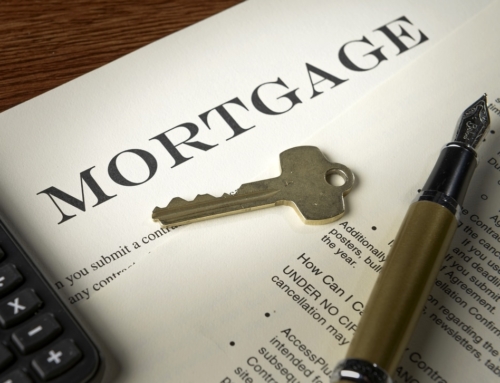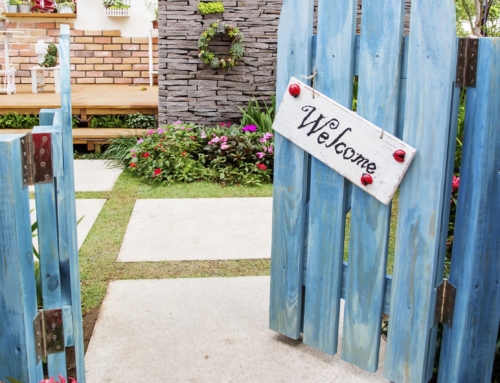Nothing down. To a first-time buyer who doesn’t have a lot (or any) cash for a down payment, mortgage loans that allowed you to skate by without having any skin in the game were a fast ticket to homeownership over the past decade.
Thousands of home buyers chose 100 percent mortgage in order to grab their piece of the American dream, neatly side-stepping the single biggest obstacle to homeowners: cash for a down payment.
Too bad the credit crunch has almost completely wiped zero down mortgage loans off the table.
According to several mortgage brokers and bankers, there is only one 100 percent loan that is generally available: a VA loan, backed by the full faith and credit of the federal government through the Veterans Administration.
But VA loans are only available to those who have served at least 90 days on active duty during wartime service, and been discharged with something other than dishonorable conditions. You must have served at least 181 days of continuous service during peacetime, with the same discharge requirements.
Selected Reserves and National Guard members would also qualify for a VA loan with long enough service histories, as would an “unremarried spouse of a veteran who died while in service or from a service disability,” or the spouse of a service person missing in action or who is a prisoner of war, according to the VA website (www.homeloans.va.gov).
Even if you are eligible, VA loans are expensive, especially if you don’t have any cash for the down payment. The VA requires borrowers to pay a funding fee of 2.15 percent for regular military veterans who are using their entitlement for the first time. If you put down 5 to 10 percent, the funding fee drops to 1.5 percent. If you put down 10 percent in cash or more on your purchase, the funding fee drops again, to 1.25 percent.
For a subsequent purchase, the funding fee rises to 3.3 percent, if you don’t have any cash to put down on the property. Similar funding fees are charged for cash-out refinances.
Of course, if you had 3.3 percent to pay as a funding fee, you’d probably look for a different sort of loan.
Over at the Federal Housing Administration (FHA), you can’t get true 100 percent financing, but you can get pretty darn close.
FHA allows borrowers to get a loan for 97 percent of the purchase price. You are allowed to receive the 3 percent cash as a gift from either a family member or relative, or a non-profit organization.
While HUD recently tried to outlaw third-party non-profit organizations from providing down payment cash if the organizations themselves receive funds that are generated from the transaction (like funds paid by the sellers), the ruling was set aside by an order signed by Senior Judge Lawrence K. Karlton.
In the case of Nehemiah, a non-profit organization, which fought the ruling, the non-profit would put up the 3 percent down payment required by FHA loans, and after the transaction closed, the seller would give somewhat more than 3 percent of the sales price back to Nehemiah to replenish its funds.
The bottom line for borrowers in this arrangement was a mortgage loan that required no down payment.
Who would benefit from an FHA loan? One lender described the profile as a dual income married couple, with marginal credit (credit scores of 580 to 600), no savings, living paycheck to paycheck.
The other zero down payment mortgages that had been so popular have mostly disappeared from the marketplace. Investors seem unwilling to buy these loans, and so the secondary mortgage market for them has dried up.
Meanwhile, stated income loans — where borrowers told lenders how much they made and no one did any income verifications — have become scarce. According to several lenders, they remain available for borrowers with excellent credit histories and scores, who have at least 25 percent to put down in cash.
What should you do if you want to buy a home but don’t have any cash? Try to get a family member, friend, local housing agency, or non-profit to gift you the funds you need to qualify. Unless you’re a Veteran, and even if you are, that may be your best path to homeownership at the moment.






Leave A Comment